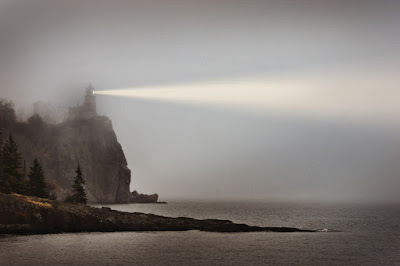A New Year Prayer in the Age of Disorientation

O God who is Love Ever with us, it has been a difficult year. We have seen such ugliness and bitterness and divisiveness. We have experienced such loss, both personally and collectively. We have experienced the loss of loved-ones and of for some the loss of love. Along with these natural, individual losses, we have endured the turmoil of a culture losing its way, seemingly embracing the path of inhumanity. We have seen the dehumanization of the refugee, of the religious faithful not our own, of the reporter, of those of another race. We have experienced an utter rejection of truth, of true words, of true effort, of true compassion in a world grasping for the truth of love. We have watched leaders climb to power embracing the means of victory at all costs, including the cost of respect, dignity, and love for humanity. We have seen these leaders climb to power with love of power their only lasting love, their only governing principal, their only real purpose. And we have watched as...



